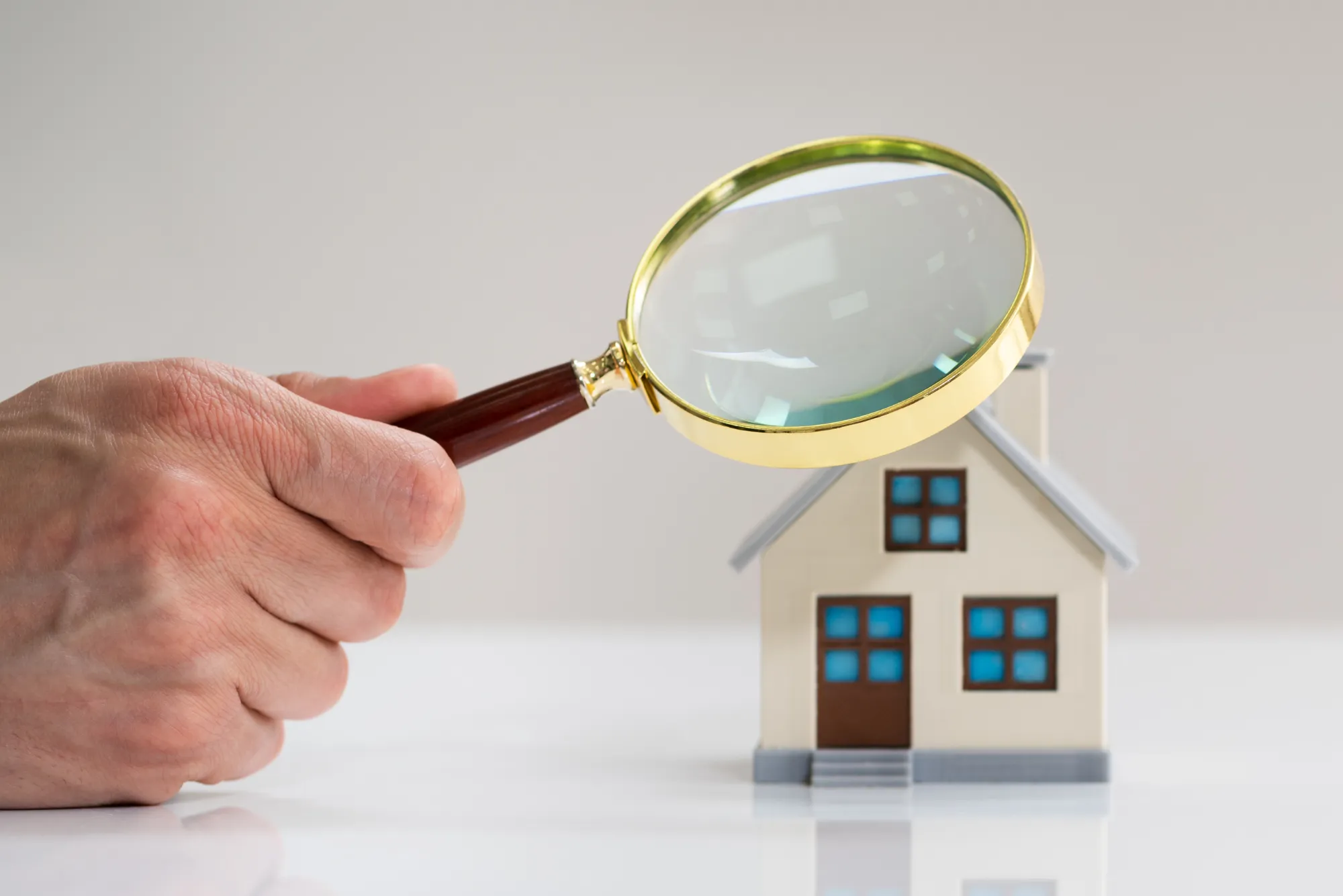Purchasing a home is a significant financial commitment, and it’s natural to have second thoughts after the inspection reveals potential issues with the property. The inspection process is a vital part of the home-buying journey, providing a detailed report on the condition of the home. Once the inspection is complete, buyers often find themselves wondering, can I back out of a home purchase after inspection?
This article explores the process of backing out after a home inspection, the role of contingencies in real estate contracts, and other factors that influence whether you can walk away from the deal. We will also discuss how financial tools like the FAB bank credit card and the emirates nbd personal loan might be useful if you’re facing unexpected costs after a purchase decision.
The Role of the Home Inspection in the Purchase Process
A home inspection serves as a safeguard for the buyer, allowing them to assess the property’s condition thoroughly before finalizing the purchase. The inspection typically checks various aspects, including the foundation, plumbing, electrical systems, roof, and other major components of the property.
1. What’s Covered in a Home Inspection?
A home inspection includes a comprehensive review of the property’s systems and structure. Commonly inspected elements include:
-
Structural Integrity: Inspecting for cracks in walls, foundation issues, and any signs of settling or damage.
-
Electrical Systems: Checking the wiring, circuit panels, outlets, and light fixtures for safety and functionality.
-
Plumbing: Ensuring pipes, water pressure, and drainage systems are in good working order.
-
Roof and Windows: Evaluating the roof’s condition, checking for leaks, and confirming the windows’ seals and functionality.
The inspection report provides you with essential information about the property’s condition and helps you determine whether the house is worth purchasing or if you need to renegotiate terms with the seller.
2. Can You Back Out After the Inspection?
In most real estate transactions, you can back out after the inspection, especially if there is a significant issue that you weren’t aware of before the inspection. This is typically covered under the inspection contingency clause in the purchase agreement. The inspection contingency allows you to cancel the deal or renegotiate based on the findings.
A. Inspection Contingency
The inspection contingency gives you the right to cancel the contract if the inspection reveals major problems that you’re not willing to deal with. This clause is a standard part of most real estate contracts and offers protection for buyers. Depending on the terms, the buyer may also have the opportunity to request repairs or ask for a price reduction to accommodate the cost of fixing the problems.
B. Renegotiation or Request for Repairs
If issues are found during the inspection, you can negotiate with the seller for repairs or a price reduction. However, if the seller is unwilling to accommodate your requests, you can back out of the deal without penalty, provided you act within the timeframe outlined in the contingency clause. Be sure to review your purchase agreement and consult your real estate agent to ensure you are adhering to the specified deadlines.
Fab Bank Credit Card
When unexpected costs arise, such as dealing with repair estimates or dealing with deal cancellations, a fab bank credit card can provide a flexible financial solution. A credit card from Fab Bank offers various benefits, including cashback rewards and the ability to manage larger payments over time. If you need to handle repairs or other expenses before backing out of a deal, using a credit card could provide you with the flexibility to cover immediate costs without disrupting your budget. A fab bank credit card allows you to spread payments out, making it easier to navigate the transition period during this challenging process.
Key Factors to Consider Before Backing Out of a Home Purchase
There are many factors to consider before deciding to back out of a home purchase after the inspection. While the inspection might reveal issues, it’s important to evaluate the severity of those issues and the overall implications of your decision.
1. Repair Costs vs. Home Value
If the inspection report highlights some problems, the first question to ask is whether the cost of repairs is worth the value of the home. If repairs are relatively inexpensive and won’t affect the overall value of the home significantly, it may be more beneficial to proceed with the purchase. On the other hand, if repairs are extensive and could cost thousands of dollars, it might be worth walking away from the deal.
2. Market Conditions
The state of the real estate market plays a crucial role in your decision. In a competitive market where homes are selling quickly, you might not find another property as suitable as the one you’re considering. However, if the market is slow, it might be easier to find another home. Understanding market conditions will help you assess whether walking away is a viable option.
3. Personal Financial Situation
It’s also important to consider your own financial situation. If the inspection uncovers problems that would require you to invest additional funds, you should evaluate whether you can afford those costs. Additionally, you should consider whether you’re comfortable taking on the financial burden of potential repairs or if walking away is the best option for your financial well-being.
Emirates NBD Personal Loan
For those who decide to move forward with a home purchase despite the inspection findings, an Emirates NBD personal loan could provide the necessary funds to handle repairs, upgrades, or other expenses that arise from the home inspection. Personal loans offer flexibility in terms of repayment and can be used for a variety of purposes, including covering unexpected costs related to home ownership.
If the inspection reveals significant issues, using an Emirates NBD personal loan can help you finance the repairs needed to make the home move-in ready. This loan can help you handle those financial challenges and avoid any financial strain during the transition process.
What to Do If You Decide to Walk Away from the Deal
If you decide to back out of a home purchase after the inspection, there are several steps to take to ensure you are following the correct procedures:
1. Review the Contract
Before backing out, review your purchase agreement to ensure that you are within the time frame allowed for exercising your inspection contingency. Missing deadlines could lead to penalties or forfeiture of your earnest money deposit.
2. Notify the Seller Promptly
Once you decide to walk away, notify the seller in writing as soon as possible. The quicker you communicate your decision, the smoother the process will be. Be prepared to provide a copy of the inspection report if necessary.
3. Consult with Your Agent or Attorney
To ensure that you are complying with all the contractual obligations and avoiding any legal issues, consult with your real estate agent or attorney. They can guide you through the process and ensure you’re fully informed about the consequences of backing out.
Conclusion
Backout decisions following a home inspection can be an emotional and financial decision. Whether you’re dealing with unexpected repairs, financial constraints, or market conditions, it’s crucial to assess the situation carefully. With the right support, including tools like the FAB bank credit card or an Emirates NBD personal loan, you can make the best choice for your long-term financial and personal well-being. Be sure to understand the terms of your purchase agreement, communicate promptly with the seller, and consult professionals to ensure a smooth decision-making process.





